Gradually eliminate air transport
According to the Vietnam Trade Office in Sweden (also responsible for Norway, Denmark, Iceland, and Latvia), some retailers in Southern Europe continue to use air transport for perishable fresh fruits and vegetables.
However, in Northern Europe, many large retail chains such as Lidl (Germany), ICA (Sweden) and Albert Heijn (Netherlands) have announced to severely limit or completely stop importing fresh produce by air. This has led to limited access to products from some countries, especially landlocked ones, and has significantly affected the livelihoods of farmers in developing countries.
A recent study by the Center for the Promotion of Imports from Developing Countries (CBI) found that many manufacturing countries still rely on air freight.
COLEAD estimates that air transport supports at least 1.25 million agricultural jobs in Africa. Products such as fresh green beans or tree-ripened mangoes, which are difficult to transport for long periods, still mainly reach Europe by air. Therefore, to maintain a share of the market and millions of jobs, a shift in technology and mode of transport is essential.
Technology is the key
To make this transition, according to the Vietnam Trade Office in Sweden, it is necessary to apply modern post-harvest and transport technologies synchronously. In particular, controlled atmosphere helps adjust the oxygen and CO₂ content in the container to slow down the ripening process of the fruit. Modified atmosphere packaging creates a suitable gas environment in the packaging to extend shelf life and reduce damage.
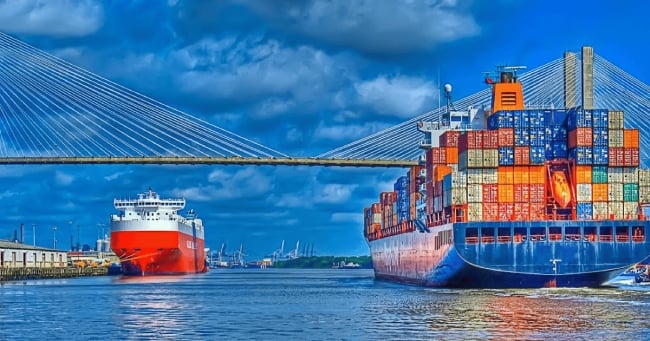
Modern advanced refrigeration system helps maintain ideal temperature and humidity during transportation. Tracking technology helps continuously monitor temperature, location, humidity, etc., thereby quickly handling any abnormalities.
Fruit is packed and loaded directly into refrigerated containers at the production site, minimizing intermediate handling. Cold handling maintains a stable temperature to control pests and ensure quality. Ethylene inhibitors slow down the natural ripening process, helping to extend shelf life (not applicable to organic products).
"These technologies not only help fruits stay fresh during long journeys but also expand opportunities to access demanding markets without the need for air transport," the Vietnam Trade Office in Sweden emphasized.
In addition to technical factors, coordination between stakeholders in the supply chain is a prerequisite for successful transformation. A successful example is a trial shipment of roses from Kenya to the port of Rotterdam (Netherlands). The positive results of this shipment show that: with investment, cooperation and innovation, replacing air freight with sea freight is completely feasible, even for sensitive products such as fresh flowers.
For Vietnam, a country that strongly exports tropical fruits such as dragon fruit, mango, star apple, rambutan, coconut... The Vietnam Trade Office in Sweden assessed that this conversion trend opens up both opportunities and challenges.
To take advantage, businesses need to invest in post-harvest preservation technology, MAP packaging and refrigerated containers that meet international standards. Work closely with logistics companies specializing in the EU route and understand the cold treatment and plant quarantine processes. Develop a synchronous harvesting, packaging and transportation plan that is suitable for longer sea transport times.
At the same time, using digital tools to track shipments, ensuring transparency and traceability. Proactively learning about and complying with new EU regulations on carbon emissions, food safety and labelling is also something businesses need to pay attention to.
"Switching from air transport, which emits a lot of carbon, to sea transport not only helps reduce costs and increase access to the European market, but also contributes to enhancing the image of Vietnamese fruits in the international market as "green", sustainable and high-quality products," the Vietnam Trade Office in Sweden affirmed.
Source: https://doanhnghiepvn.vn/kinh-te/van-chuyen-xanh-len-ngoi-doanh-nghiep-viet-can-doi-moi-cong-nghe/20250726070423598


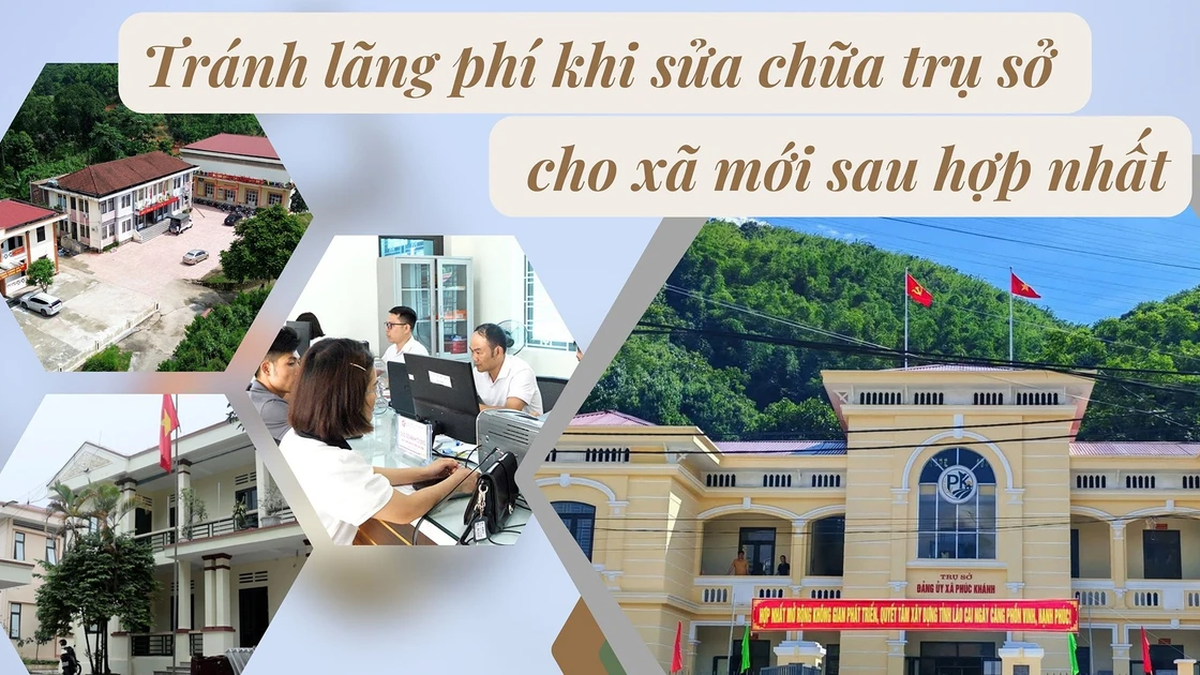
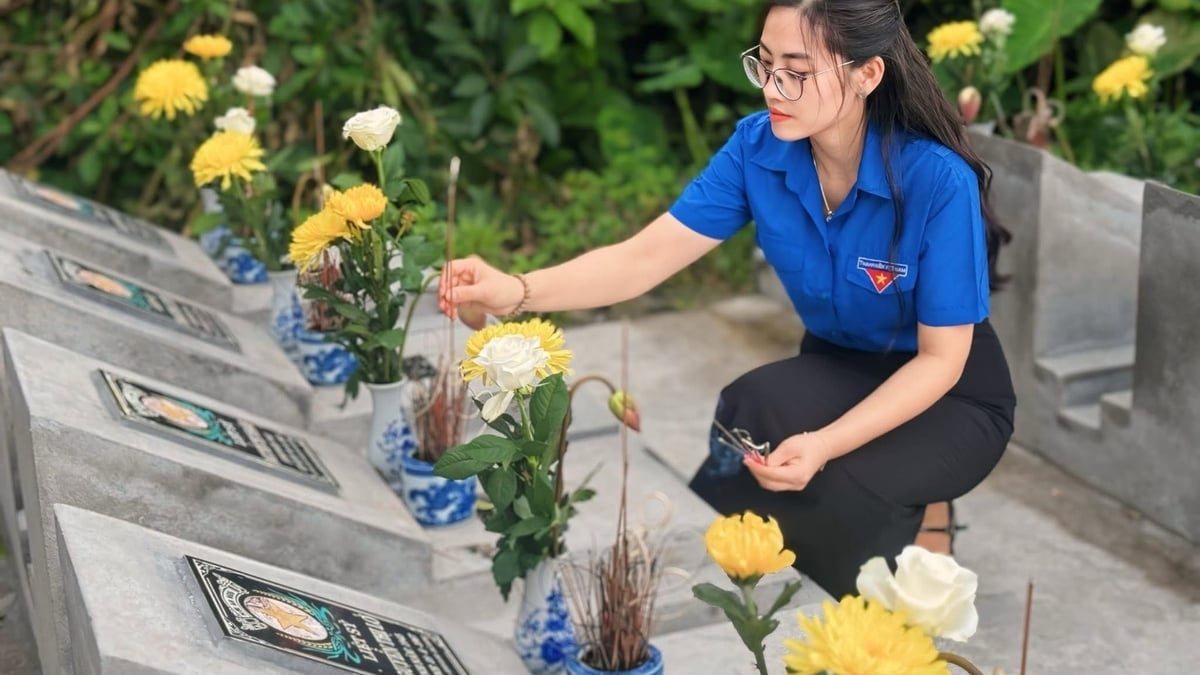


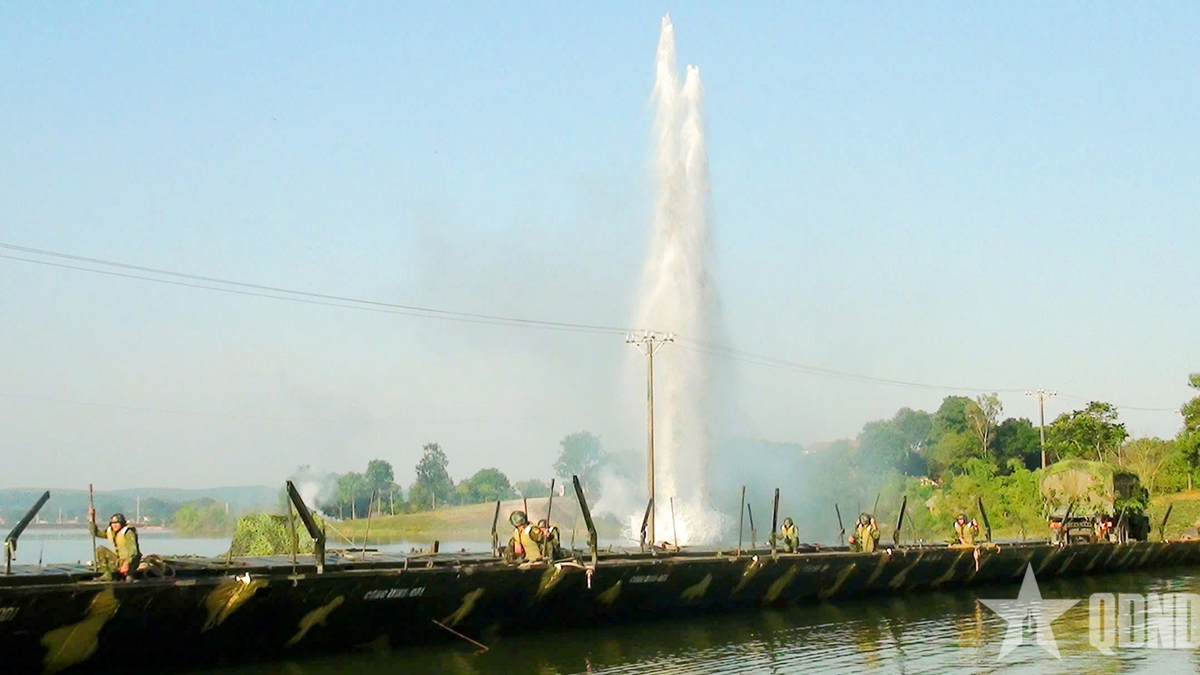
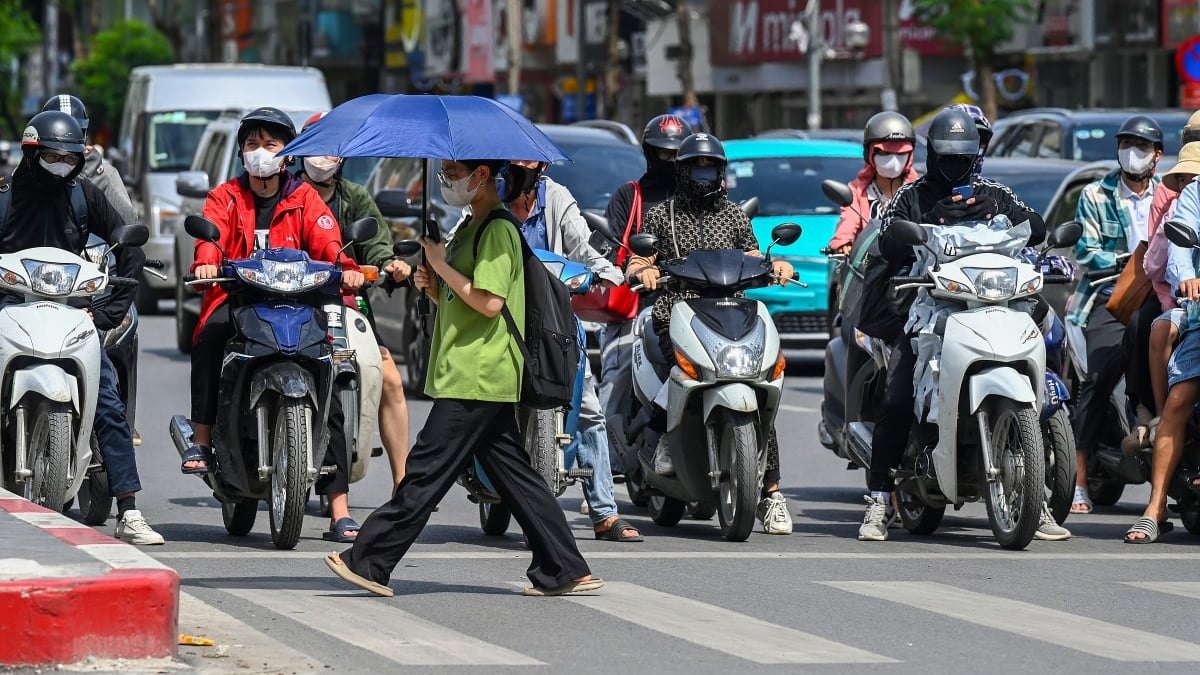
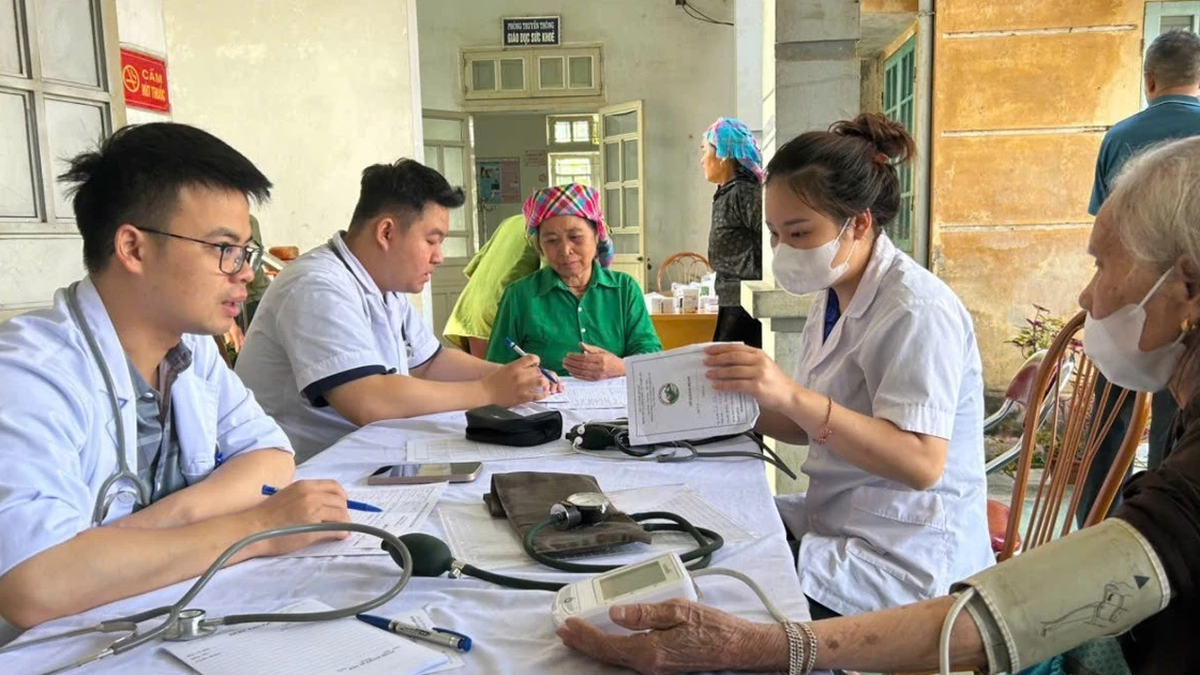
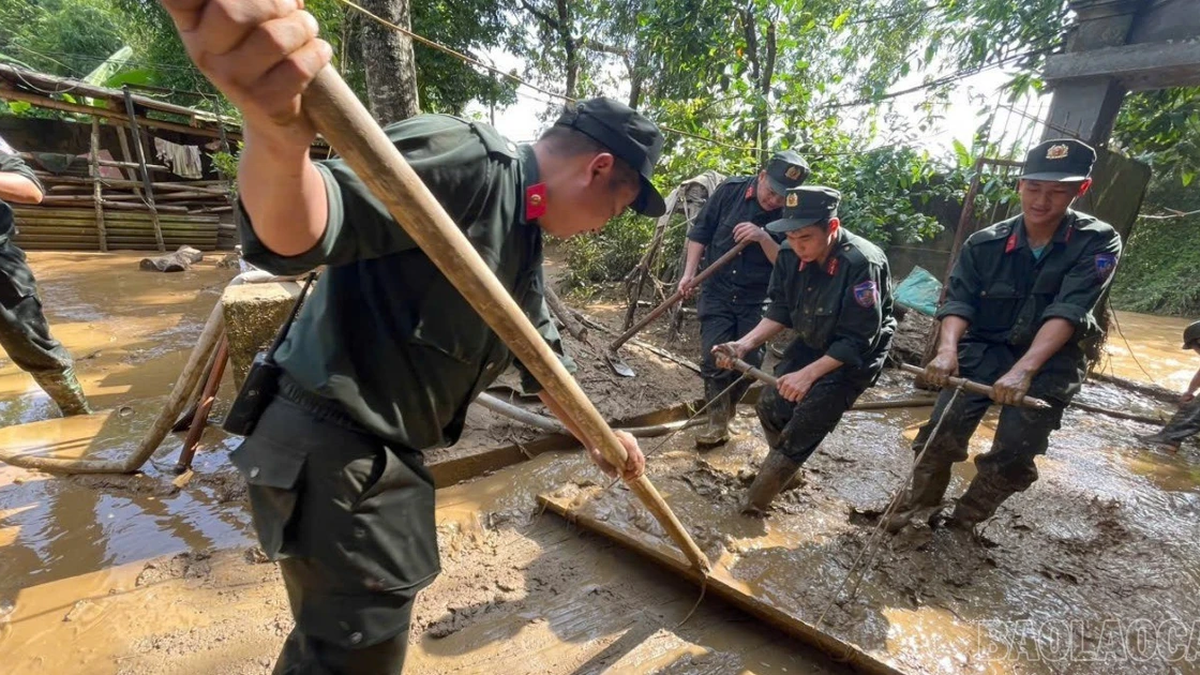
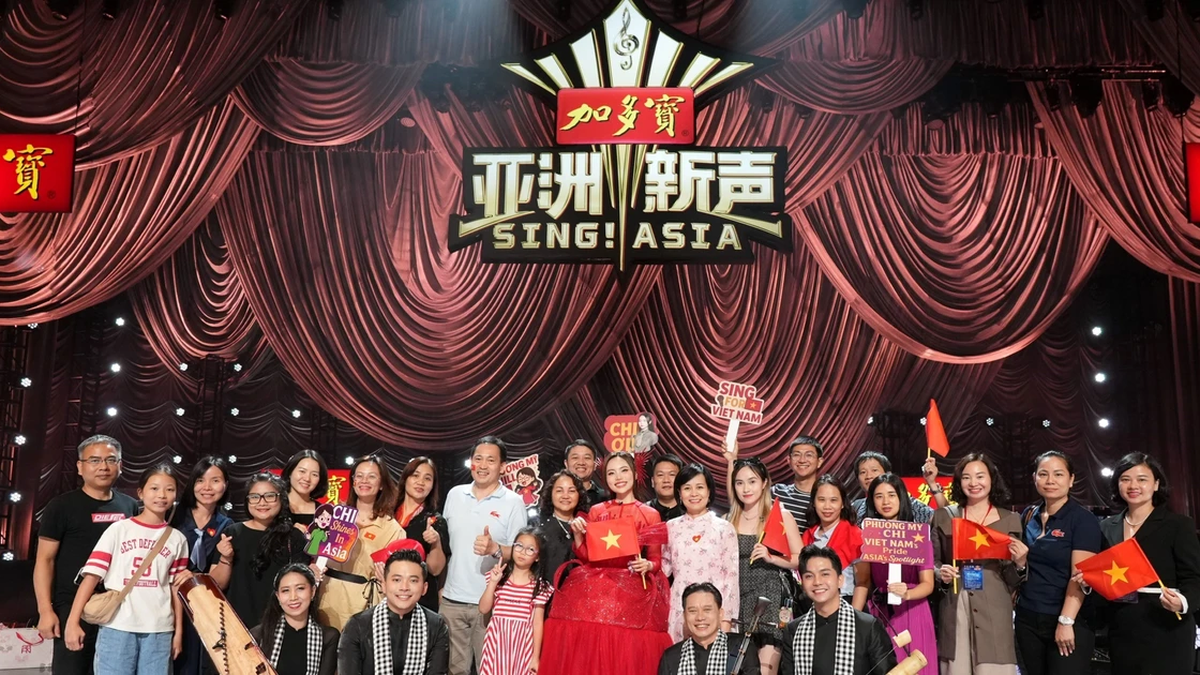
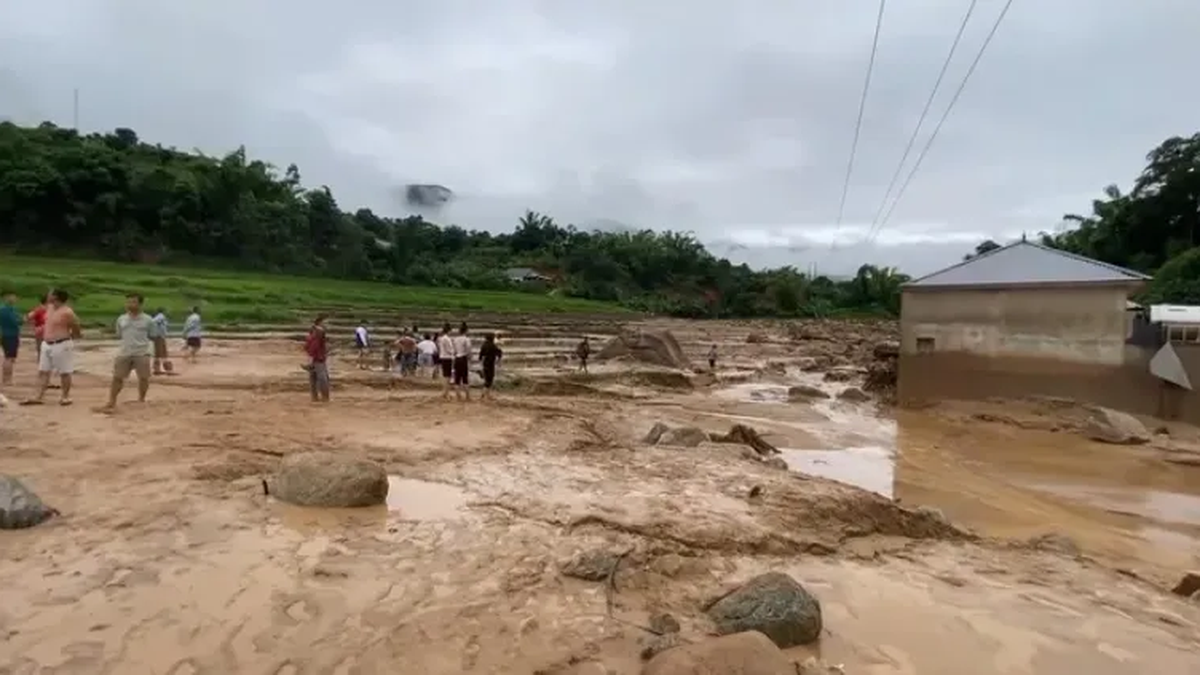

































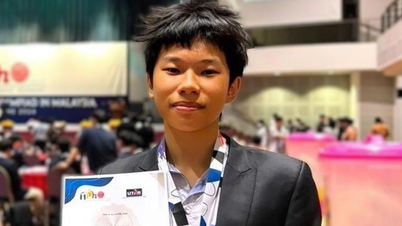


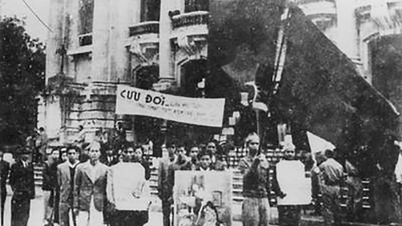




















































Comment (0)